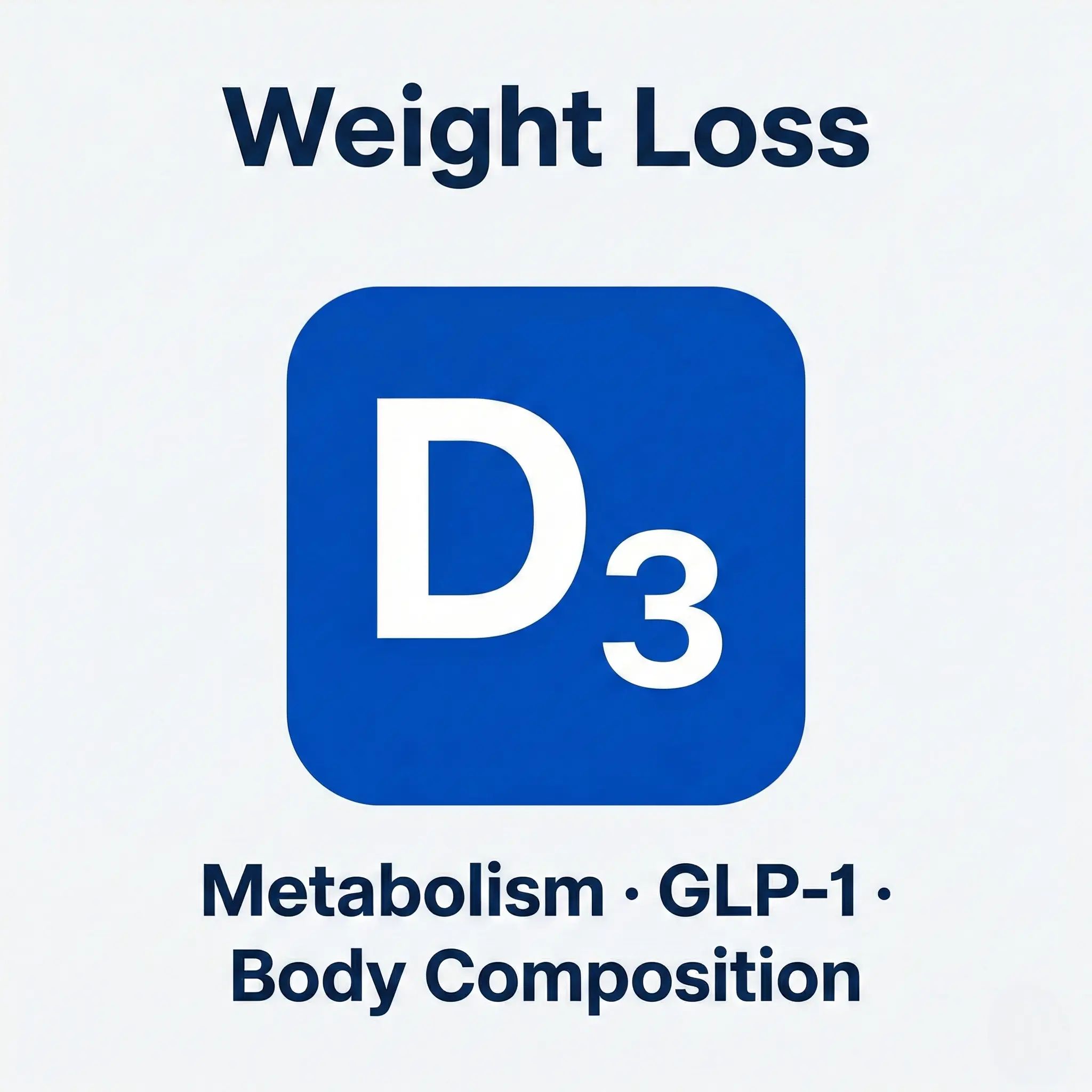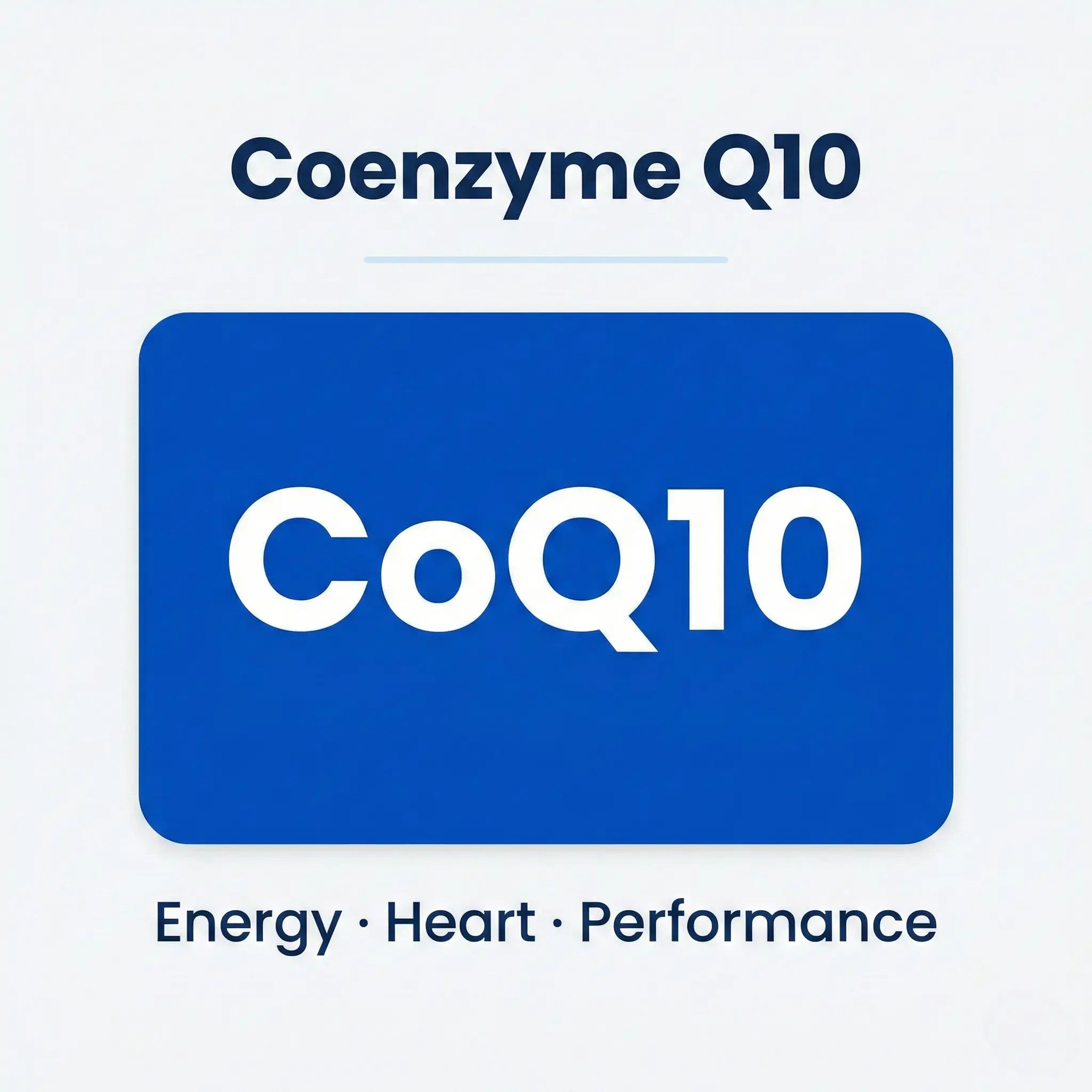There are a number of myths around how to improve your testosterone naturally, from taking the Huberman-touted supplement Tongkat ali to abstaining from masturbation. But when it comes to scientifically-proven ways to improve testosterone, the solutions are much simpler and far less overhyped. From getting 7-9 hours of sleep every night to addressing nutritional deficiencies, the following strategies will help you increase and maintain your T levels so you can feel more energized and motivated without giving up the things you love.
Key takeaways
- The best science-backed ways to improve testosterone naturally include getting better sleep, exercising regularly, following a healthy diet, and managing your stress levels.
- Some specific actions you can take include integrating squats into your routine, adding avocados to your diet, avoiding BPA products, and limiting your sleep to 7-9 hours.
- Forego overhyped supplements for those that address nutritional deficiencies to support healthy testosterone production, like Vitamin D, zinc, and magnesium.
- Prescription enclomiphene is clinically proven to boost testosterone production without the negative side effects of TRT.
10 proven ways to improve testosterone
While you may already know that following a healthy lifestyle can help you maintain normal and healthy testosterone levels, the following 10 methods will help you zero in on specific, attainable actions you can take to achieve your goals.
1) Get 7-9 hours of sleep
Lack of sleep has all sorts of negative implications for your health, from raising your risk of heart disease to contributing to obesity. It can also wreck your testosterone levels. In a study of sleep restriction in young, healthy men, researchers noted a 10-15% decrease in daytime testosterone levels when sleep was restricted to just 5 hours per night. Compared to normal aging, in which testosterone levels naturally decrease by 1-2% per year, the impact of poor sleep on T levels is severe.
But this doesn’t mean oversleeping is any better. In a study presented by Boston University’s School of Public Health, men who slept more than 9 hours also saw a decrease in testosterone levels, as well as lower sperm count and quality. Oversleeping is also associated with a higher risk of obesity, which has been linked as a common sign of low testosterone.
So, what’s the sweet spot? To maintain your testosterone levels and overall health, aim for 7-9 hours of sleep per night.
2) Watch your weight
As previously mentioned, obesity has long been associated with low testosterone levels. Research shows that while moderate obesity primarily decreases total testosterone due to insulin resistance-associated reductions in sex hormone binding globulin, more severe obesity is associated with reductions in free testosterone levels due to suppression of the HPT axis. Complicating matters even more, having low testosterone levels increases the risk of developing obesity, which creates a self-perpetuating cycle and opens the door to other health issues like diabetes and heart disease.
In a study of 891 prediabetic men, weight loss resulted in higher testosterone levels through simple lifestyle modification: exercising 150 minutes per week and consuming fewer calories. Due to these simple changes, the prevalence of low testosterone levels decreased from about 20 percent to 11 percent after one year, with men losing an average of 17 pounds over the year and slowing their progression from prediabetes to diabetes.
Whether you’re obese or not, if you don’t know where to begin your weight loss journey, heed this scientifically-proven advice: eat fewer heavily processed carbohydrates and opt for foods that contain more fiber, protein, and healthy fats. In simpler terms, don't focus on eating less food—focus on eating more high-quality food.
3) Add avocados to your diet
Speaking of food, avocados should be at the top of your list. Along with being a “good” fat, which your body needs to maintain a healthy weight, avocados are a good source of the minerals boron and magnesium.
Research indicates boron helps to convert total testosterone into free testosterone, which is the bioavailable or active form of testosterone your body can use. Boron can also protect against testosterone degradation.
Magnesium is just as important for your testosterone, especially if you have low levels of either. In men with low magnesium levels and low testosterone levels, eating magnesium-rich food can increase testosterone production both directly and indirectly by converting vitamin D into its active form. Increasing one’s intake of vitamin D has been shown to increase testosterone (total testosterone, bioactive testosterone, and free testosterone).
4) Integrate squats into your exercise routine
Having a regular exercise routine is crucial to maintaining your overall health, and research shows you’re more likely to stick to a routine if it’s something you enjoy. But, when it comes to picking exercises to improve testosterone levels, try to work in some squats.
In a study by the University of Texas, performing squats synthesized more testosterone and growth hormone than a similar session on the leg press. However, although the external load and body mass moved was greater for the squat than for the leg press, subjects did not feel like they had exerted more energy.
Researchers have found high power resistance exercises like barbell squats increase testosterone to the point of muscular hypertrophy, which is why so many athletes routinely employ this type of exercise.
5) Meditate
Meditation may seem like the direct opposite of powerlifting, but the two complement each other nicely, especially when it comes to your T levels. Research has shown that having a long-term meditation practice modulates the hypothalamic pituitary-adrenal (HPA) axis, thereby influencing sleep and the production of other hormones like dehydroepiandrosterone, or DHEA. DHEA is crucial to testosterone synthesis.
Meditation is also known to help reduce stress, which can indirectly raise your testosterone levels. In a 4-month study on transcendental meditation, in which researchers measured cortisol, growth hormone, thyroid-stimulating hormone and testosterone, they found significantly different changes for each hormone over the course of the four months. Even a brief training in mindfulness meditation has been shown to change how the brain responds to stress.
6) Avoid BPA
Bisphenol A, or BPA, is a chemical primarily found in plastics. Though it has been widely used since the 1950s, the chemical has numerous negative implications for our health, including our hormonal health. Studies show BPA administration reduces testosterone biosynthesis and secretion, leading to a widespread decline of testosterone levels and a reduction in sperm concentration in men. Not only does the chemical adversely affect the testes, but also the pituitary system, which are both crucial to testosterone production.
Though it can be difficult to avoid plastics in your everyday life, there are some things you can do to limit exposure. This includes looking for packaging made from glass or steel, buying bulk items to minimize the use of plastic packaging, and looking for “BPA-free” marked products.
7) Reduce your alcohol consumption
If you’re prone to having a few drinks after work, it may be time to cut back for the sake of your testosterone levels. Research shows that drinking too much alcohol may convert testosterone to estrogen through a process called aromatization. Alcohol can also impair the hypothalamus and pituitary glands, which are both necessary to testosterone production. The Leydig cells, which produce and secrete the hormone testosterone, are also affected by alcohol in the testes, leading to lower T levels and lower sperm count.
Excess alcohol consumption is connected to a number of other health issues that may indirectly affect your testosterone production, including increased stress, obesity, poor sleep, and a weakened immune system.
8) Identify underlying medical conditions
In some cases, low testosterone may be a sign of an underlying medical condition. For instance, men with heart disease have significantly lower levels of both total and bioavailable testosterone than in men without heart disease. And men who have type 2 diabetes are twice as likely to have low testosterone as a man without diabetes.
There is also evidence that free testosterone concentrations are reduced in men with primary hypothyroidism. And thyroid hormone replacement has been shown to normalize free testosterone concentrations.
Knowing if there is an underlying medical condition causing low testosterone can help you and your doctor come up with a plan to address both issues. This may include dietary changes, such as eating less sugar and more vegetables, an exercise routine, and other interventions.
9) Use supplements to improve testosterone
Despite the many supplements that claim to improve testosterone naturally, there is no single one that has been proven to increase your T levels on their own in a clinically meaningful way. However, supplements can help to address nutritional deficiencies that may be slowing your testosterone production.
Though most nutrients could be obtained in a well-rounded diet, few foods naturally contain Vitamin D, which helps to regulate testosterone synthesis. Other important nutrients you should consume to improve testosterone levels include zinc, which bolsters testosterone production, Vitamin E, which is thought to play a role in hormone production in the pituitary-gonadal axis, and magnesium, which activates vitamin D.
Maximus Building Blocks contains these vitamins and minerals along with other science-backed nutrients proven to support testosterone production. The prescription-strength multivitamin contains bioavailable forms not found in standard multivitamins or powders and unique ingredients like geranylgeraniol, a substance known to enhance testosterone production.
10) How to get higher testosterone through medication
Another option for improving your testosterone is taking medication. Your first thought may be testosterone replacement therapy (TRT), which is an effective & reliable option - just not ideal for men who hope to have children one day. TRT disrupts the body’s hormonal processes by shutting down the natural production of testosterone, negatively impacting sperm count and sperm quality.
Among alternatives to TRT is enclomiphene, a Selective Estrogen Receptor Modulator (SERM), which stimulates the the hormones LH and FSH to naturally produce more testosterone, while protecting fertility. Instead of replacing your testosterone synthetically, enclomiphene safely and efficiently boosts your T levels, whether you’re starting with low levels or you simply want to optimize your testosterone production to experience more energy, increased motivation, more muscle mass, and a higher libido.
Find out how the Maximus Testosterone treatments can help you restore and optimize your testosterone production by combining prescription enclomiphene with customized coaching on nutrition and exercise, along with community support.
Disclaimer: The contents of this article, including, but not limited to, text, graphics, images, and other information, is for information purposes only and does not constitute medical advice. The information contained herein is not a substitute for and should never be relied upon for professional medical advice. The content is not meant to be complete or exhaustive or to be applicable to any specific individual's medical condition. You should consult a licensed healthcare professional before starting any health protocol and seek the advice of your physician or other medical professional if you have questions or concerns about a medical condition. Always talk to your doctor about the risks and benefits of any treatment. Never disregard or delay seeking professional medical advice or treatment because of something you have read on this site. Maximus does not recommend, endorse, or make any representation about the efficacy, appropriateness, or suitability of any specific test, products, procedures, treatments, services, opinions, healthcare providers or other information contained herein. Maximus is not responsible for, nor will they bear any liability for, the content provided herein or any actions or outcomes resulting from or related to its use.










